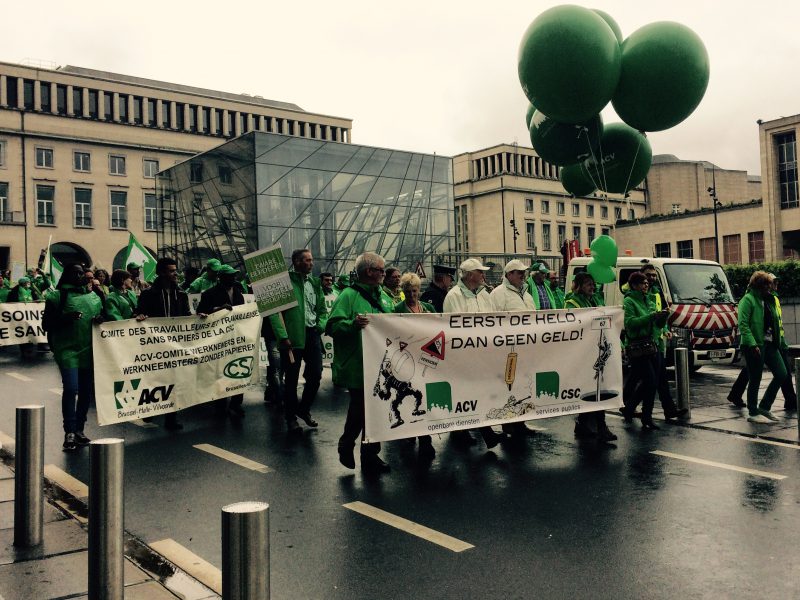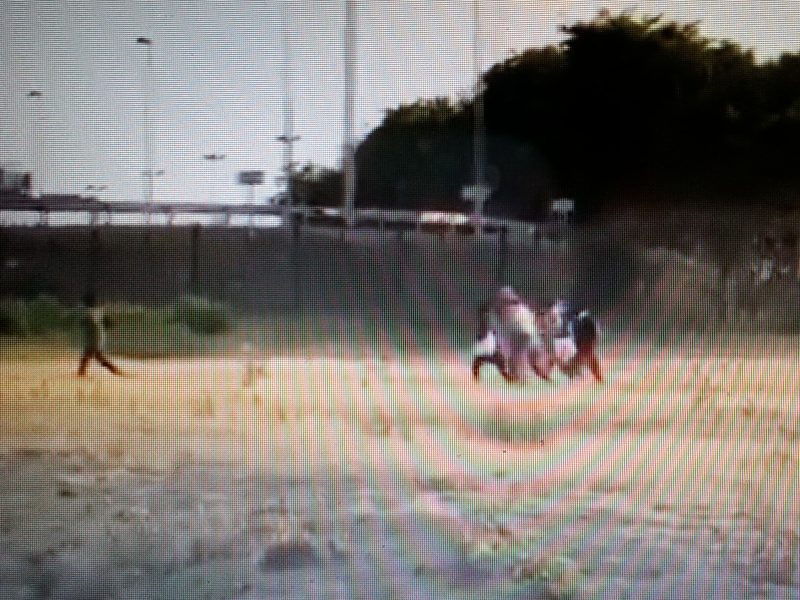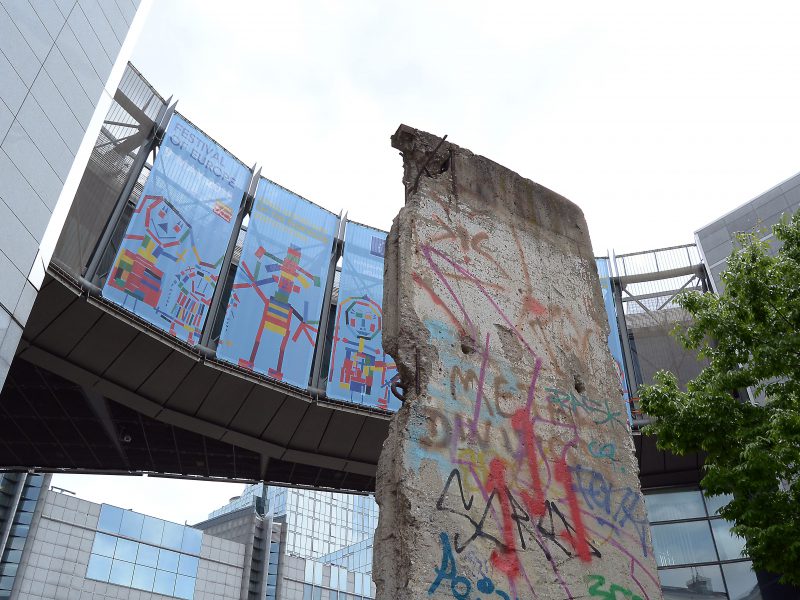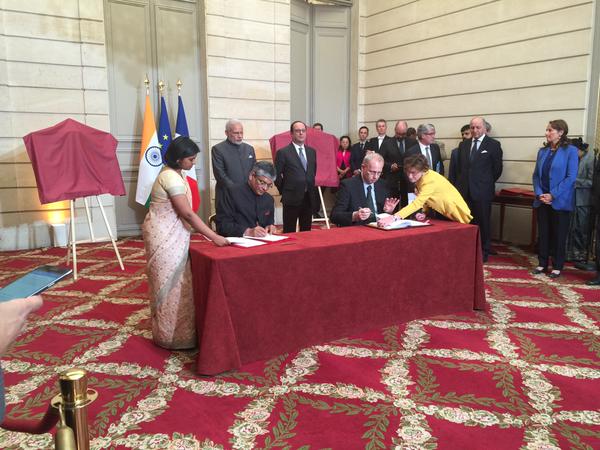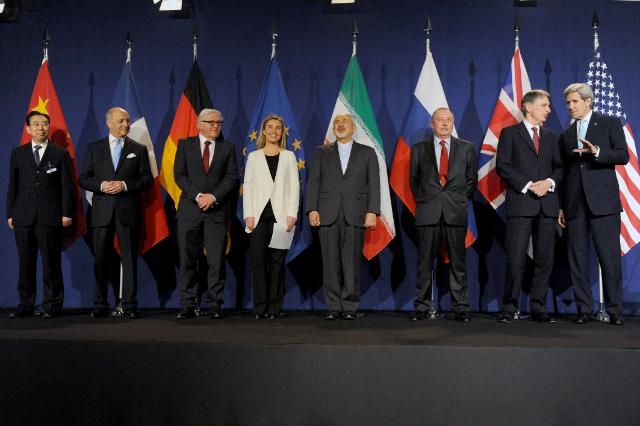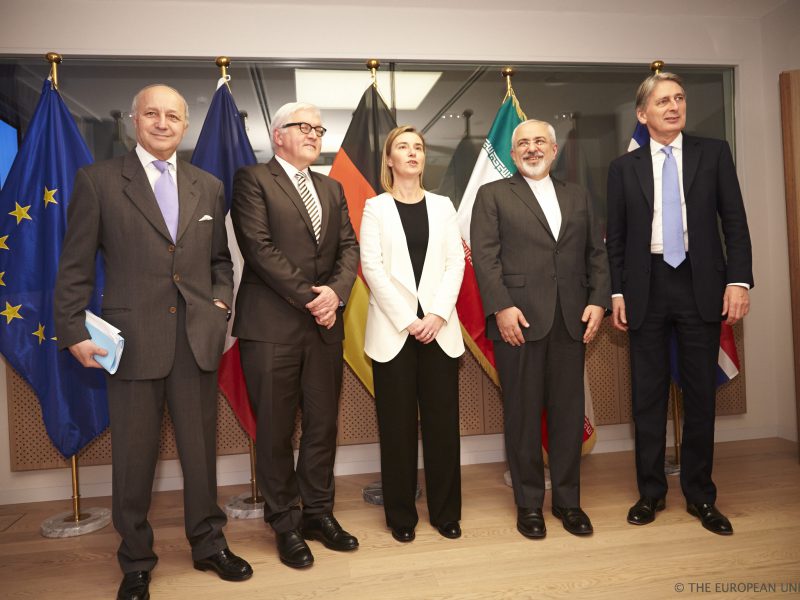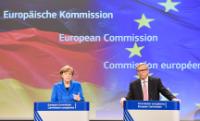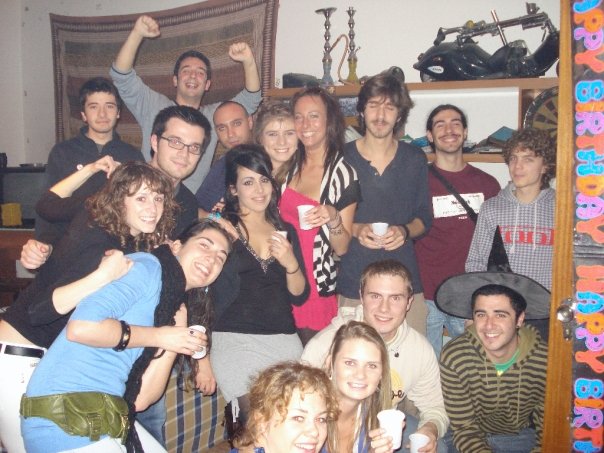Protests Continue Over France’s Third-Way Policies
One week after French oil workers went on strike which has paralysed 6 of France’s 8 refineries, half of all rail transportation in France has come to a screeching halt due to a transportation strike. But French oil workers and transport activists are protesting different issues.

